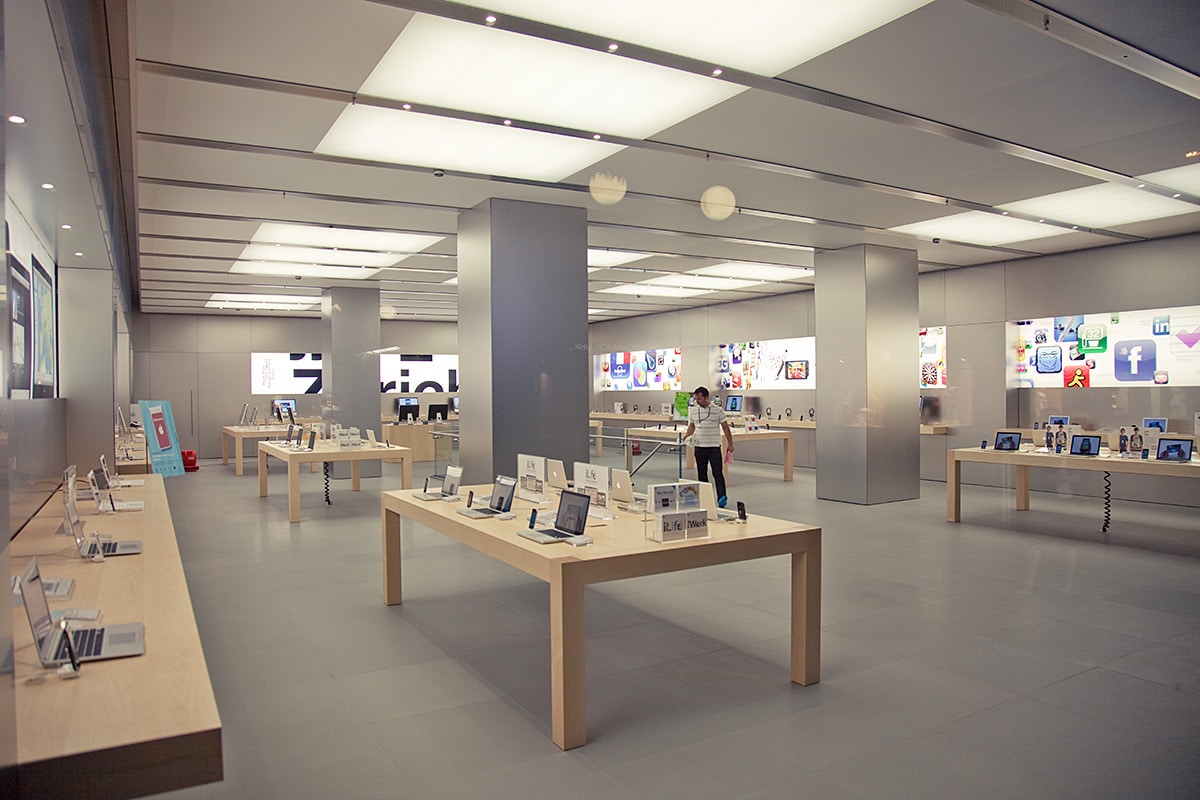India
Vivo facility suspends work after two test positive for Coronavirus
Thankfully the spread has been contained

Yesterday, OPPO confirmed that it has temporarily halted production at one of its facilities in Noida, India after a few workers tested positive for Coronavirus. Now, work has been suspended at Vivo’s upcoming Industrial Park in Greater Noida, India after two test positive for the fatal virus.
The news was first reported by ETTelcom and Vivo has confirmed that none of their employees have tested positive and they are in full compliance with government guidelines. The workers who tested positive were working at the construction site that’ll become Vivo’s Industrial Park. The work is currently being handled by a third-party contractor.
Furthermore, the Vivo spokesperson said their current manufacturing facility is 15kms away from the construction site and currently operating at 30 percent capacity, in accordance with local laws.
India was under a strict lockdown for more than five weeks and industries are now slowly getting back on track. The country is divided into green, yellow, and red zones, each having its own restrictions to curb the spread of the virus. India is the world’s second-largest smartphone market and brands are expecting a surge in sales since e-commerce activity was barred during the lockdown.
Hence, a lot of people are eager to purchase new phones. Economic experts and buying patterns currently suggest people are more inclined towards affordable phones amid economic uncertainty.


There’s no doubt that India is a major market for technology. While the country has its own brand preferences outside of the world’s usual, everyone still wants to get a piece of the market. To the dismay of global companies, the country is realizing the potential of its own market. Effective immediately, India has started restricting imports for new laptops, tablets, and PCs.
Recently, India made some headlines in the smartphone industry. A few companies, including Apple, have poured funds into building factories in India. Locally produced devices will allow these companies to attract the Indian market better. With the new regulations out today, it looks like these brands are going to enjoy a head start over others who aren’t in the country yet.
The Indian government introduced a new restriction (via Reuters) against the importation of “laptops, tablets, all-in-one personal computers, and ultra-small form factor computers and servers” made from other countries. Customers, however, will get an exemption. Airline passengers can still bring in these devices in their luggage. Additionally, a single imported device is allowable when bought through e-commerce platforms. Companies can import their products only by applying for a special license.
In a nutshell, bulk orders without a license are out. The government is instead encouraging users to buy locally produced products as part of its “Make in India” program. At the very least, it’s not a total ban on foreign brands. For example, Dell, HP, and Lenovo are exempt from the regulations since they already have production facilities built in the country.
SEE ALSO: Samsung overtakes Xiaomi as top phone brand in India

Attacking a huge smartphone market is difficult. With preferences constantly evolving, it can get tricky to figure out the best lineup to capture most of a market. Samsung, however, has just done it. In the last quarter of 2022, Samsung has taken the crown from Xiaomi as the bestselling smartphone brand in India.
India is an important market for most smartphone brands. It’s one of the largest markets in the world. However, despite its size, the biggest players are often those who offer more affordable devices for consumers. Budget is the name of the game if a brand wants to make it big in the country.
Things are changing, though. According to new market data (via Reuters), Samsung has nabbed the throne from the former leader, Xiaomi. In the last quarter of 2022, the Korean brand grabbed 20 percent of the market, while the latter only got 18 percent.
In a trend dubbed as premiumization, Indian consumers are reportedly enjoying more disposable income, resulting in more willingness to buy pricier products. Additionally, the report hints that consumers have started equating lower prices with inferior quality.
With the market trending towards more premium products, Samsung took the lead with a lineup that consists more of midrange to premium devices. It will also be interesting to see if Apple, an even more premium brand, can also make a dent in the Indian market.
SEE ALSO: Buyer’s Guide: Samsung Galaxy S23 Ultra

For one of the largest smartphone markets in the world, India is one of the rarer countries where Apple does not outright dominate. Undoubtedly, the company is trying to change that. Ongoing job listings in India are suggesting that Apple is ready to open its first brick-and-mortar store in the country.
First reported by Financial Times, Apple has posted job openings in India for several retail roles including for the iconic Genius Bar. Another clue even indicates that some spots have already been filled ahead of time. A few employees in the country have reportedly posted about their new jobs on LinkedIn.
Unfortunately, none of the job listings show how many stores are planned and where they will be. Narrowing things down by a bit, a few of the confirmed employees are from Mumbai and New Delhi. The report also does not indicate when the stores will open. However, since a few have already been hired, a grand opening might be coming soon.
Apple has a lot to gain by strengthening its foothold in India. The country is an important stronghold for smartphone companies. However, the company might find things harder as time goes by. The country recently dictated that brands must switch to USB-C if they want to sell their devices in India. All over the world, Apple remains the last stalwart against adopting the more universal standard.
-

 Accessories2 weeks ago
Accessories2 weeks agoApple Vision Pro Review: Two Months Later
-

 Features5 days ago
Features5 days agoFortify your home office or business setup with these devices
-

 Gaming1 week ago
Gaming1 week agoThe Rogue Prince of Persia looks like an ultra-colorful roguelite
-

 Events1 week ago
Events1 week agoStellar Blade: PlayStation taps cosplayers to play Eve for game’s launch
-

 Gaming1 week ago
Gaming1 week agoStar Wars Outlaws release date revealed
-

 Accessories1 week ago
Accessories1 week agoLogitech unveils G Pro X 60 gaming keyboard: Price, details
-

 Philippines2 weeks ago
Philippines2 weeks agovivo Y100 to release in Philippines on April 27
-

 Deals2 weeks ago
Deals2 weeks agoSamsung Awesome April: Deals on Galaxy A series























